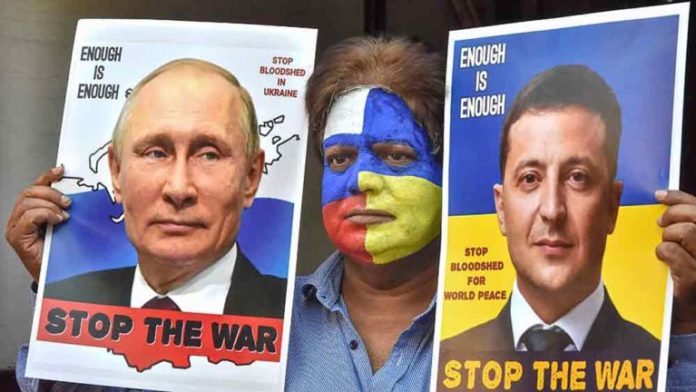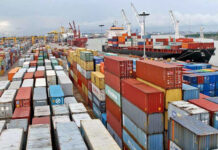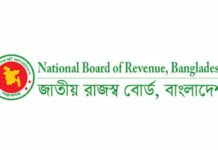The Russia-Ukraine war is turning the world economy upside down. While many countries are trying to cope with the effects of COVID-19, this new crisis has just emerged. This is affecting different sectors. Different countries are also changing the policy structure in the new situation.
For these reasons, the United Nations Conference on Trade and Development (UNCTAD) has lowered its growth prediction for the world economy. In a report released late last week, the organisation said the global economy would grow 2.5% this year. Earlier, UNCTAD had predicted a growth of 3.5%.
COVID-19 had a catastrophic impact on the global economy in 2020. There was a negative growth of 3.4% that year. However, the next year, after overcoming that obstacle, the growth is 5.6%.
Russia will go through a severe recession in the economy this year, according to the UNCTAD report titled ‘Trade and Development Report Update’. Economic growth in many countries in Western Europe, and countries in the centre, south, and south-east may slow down. Due to the ongoing Ukraine war, many developed countries may once again follow the path of contractionary monetary policy due to inflationary pressures. Some countries may reduce the size of the next budget.
The organisation fears that declining demand in the global economy, a lack of policy coordination at the international level, and the growing debt burden of COVID-19 could create new problems for the financial sector. This could lead some developing countries to bankruptcy and recession. Their development may stagnate.
The Russia-Ukraine war has put renewed pressure on the international market for fuel oil and primary commodities, UNCTAD reports. Production costs are rising in many countries. The war is also disrupting the world trade system. This can have a big impact on long-term investments. In addition to the extreme instability in the commodity, bond, and currency markets in the aftermath of the war, the report also raised concerns about money laundering.
Short-term government debt repayment is also a major concern for UNCTAD. Developing countries may need 310 billion dollars in 2022 to repay foreign debt. Which is 9.2% of the total foreign debt balance in 2020.
The UNCTAD report has suggested several initiatives to address the crisis. These include easy access to financing from multinational corporations for developing countries, debt relief to Ukraine, and liquidity assistance to reduce the financial burden on developing countries.




